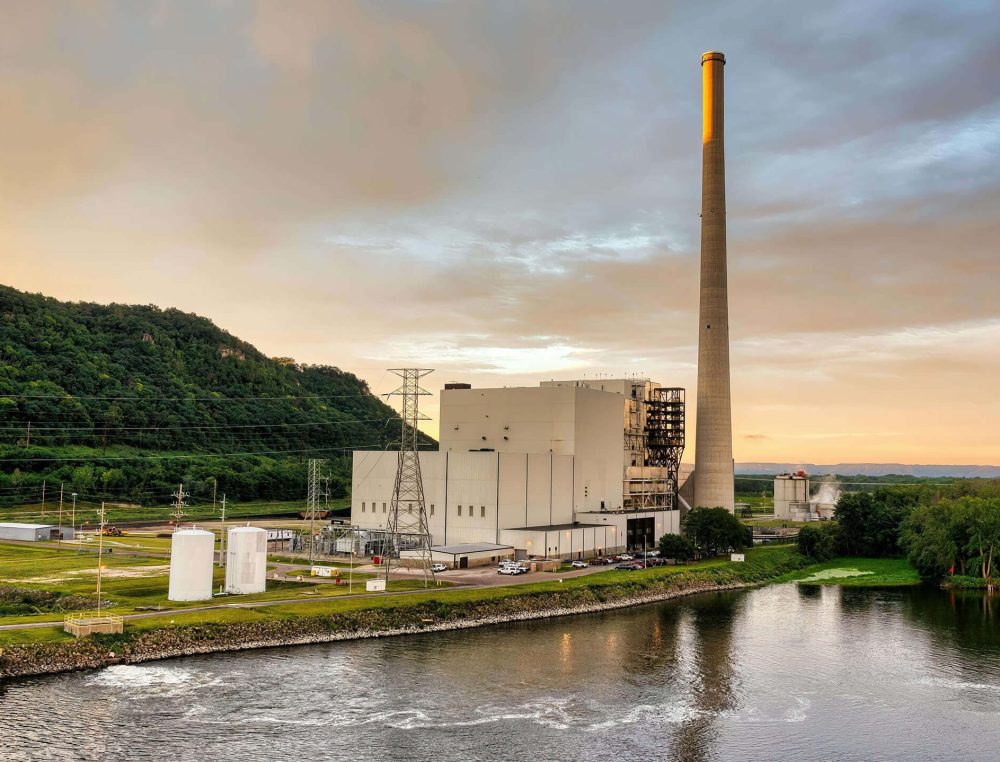Science-based targets (SBTs) are greenhouse gas emissions reduction targets that align with current climate science and the goals of limiting global warming to 1.5°C above pre-industrial levels. Clearly defined and backed by climate science, SBTs have grown in popularity over the past several years as a way for companies to demonstrate a solid commitment to reducing global emissions and mitigating the impacts of climate change.
The Science Based Target Initiative (SBTi) is a corporate climate action NGO that defines and promotes best practice in emissions reductions and net-zero targets in line with climate science. SBTi works in partnership with CDP, the United Nations Global Compact, World Resources Institute, the World Wide Fund for Nature, and We Mean Business Coalition commitments. Developing a science-based target that is validated by SBTi has become an industry standard.
Targets validated by SBTi are accepted by all major net-zero investor frameworks, shareholder activist groups, and many major corporate sustainability programs. SBTs are also aligned with emerging regulatory 1.5°C requirements, such as the EU’s Corporate Sustainability Reporting Directive (CSRD).
SBTi identifies a five-step journey to setting a target. ADEC ESG helps you prepare and build confidence to begin this journey, as well as guide you through each step. Prior to beginning, it is essential that your company has completed a full scope 1, 2, and 3 inventory.

ADEC ESG completed an SBTi Feasibility Assessment for a Fortune 100 information and communication technology company with offices across the globe. The assessment identified the magnitude of emissions which the company would be required to reduce, in line with Paris Agreement goals. Following the assessment, we discussed a number of potential decarbonization strategies with the client team, giving them confidence in their target and a launch pad from which their decarbonization program could begin take-off.
Client: Fortune 100 Information and Communication Technology Company
Project Results and Deliverables:

ADEC ESG provided support to a global law firm as it prepared for its SBTi journey. Prior to committing to a target, it is helpful for prospective target-setters to understand the scale of GHG emission reductions that they will be committing to, as well as any potential challenges they may face. ADEC ESG’s years of SBT knowledge and expertise provided the client team with a solid foundation from which they are able to develop a target that is adapted specifically to their organization, aligned with the latest client science.
Client: Global Law Firm
Project Results and Deliverables:

SBTi’s power sector guidance, using the Sectoral Decarbonization Approach (SDA) method, specifically calls for targets that cover emissions from electricity generated (scope 1) and for all electricity that is purchased and sold (scope 3, category 3). The Power Sector SDA also provides guidance for setting optional targets for other scope 1, 2, and 3 emission sources, as applicable.
With these requirements in mind, ADEC ESG worked with our client to analyze its operations in a way that addressed the company’s key challenge: how to deliver power to customers in a way that was reliable, consistent, and helped reduce emissions. With renewable energy coming largely from intermittent sources such as solar and wind—and a number of regulatory restraints to consider—our focus was on how our client could best utilize the renewable resources it had available, how those resources currently impacted its scope 1 inventory, and how this data would inform net-zero strategy and planning.
Client: Global Energy Company
Project Results and Deliverables:
By accomplishing and submitting this form, you authorize us to collect and store your personal information, and to use and process them in connection with your application[s]. You also agree to keep your information updated by re-submitting this form or by emailing us here.
You agree to hold us free and harmless for any damage or injury that may arise from the collection, storage, or processing of your personal information. To know more about our Data Privacy Policy, please visit privacy-statement.
We advance
sustainable
practices around
the world.
ADEC Innovations would like the information in this website to be accessible to all our users. Anyone needing assistance or having difficulty